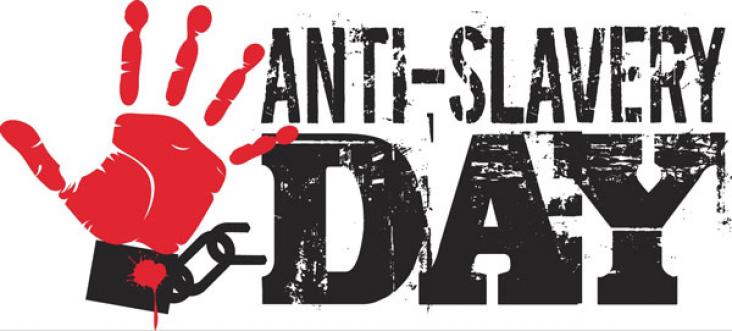
Modern slavery risks have risen across the world over the last year, including in 20 of the 28 member states of the EU. On Anti-Slavery Day, this blog looks at the increased risks and numbers of victims of forced labour in supply chains, and how to mitigate these risks contributing to goal 8 (decent work and economic growth).
Elsevier,
International Review of Research in Developmental Disabilities, Volume 52, 2017, Pages 37-74
This content addresses SDGs 3 and 10 by examining the effectiveness of intervention trials that target the development of friendship, peer networks, and discrete social skills (e.g., engagement, social initiations) in young children with ASD using both single subject research designs (SSRDs) and randomized controlled trials (RCTs).
Elsevier,
International Review of Research in Developmental Disabilities, Volume 52, 2017, Pages 141-174
Conversations about inclusive education have dominated discussions within the field of severe disabilities for more than four decades. Parents, educators, advocates, policymakers, researchers, and other stakeholders have all wrestled with—and vigorously debated—a progression of intriguing interrogatives. This content addresses SDGs 3 and 10 by addressing peer support arrangements as a promising and practical approach for supporting students with severe disabilities to access the myriad social and learning opportunities available within inclusive secondary school classrooms.
This article develops a theoretical framework to develop current understandings of evolutionary origins of same-sex attraction within women. This research may therefore help drive forward SDG 10 (reduced inequalities).
This paper extends the debate about redressing persistent gender inequality in Australia by examining the relationship between labour productivity and the wage gap in all states and territories (1986–
Background Data for on-demand pre-exposure prophylaxis (PrEP) are scarce. We implemented a cohort study to assess its efficacy, safety, and effect on sexual behaviour.

Correspondent banking is the cornerstone of the global payment system, designed to serve the settlement of financial transactions across country borders. It allows companies and individuals to safely move money around the world and supports and encourages global trade. Since the financial crisis, tighter regulations - and in particular the regulatory penalties imposed for violations of anti-money laundering (AML) – have caused western banks to rethink their global strategy. The risks of doing business in many developing nations are beginning to be seen as outweighing the financial benefits brought by correspondent banking activity. As a result, US and European banks have reduced their correspondent banking activity in the riskiest regions.
Background Since 2002, Afghanistan has made much effort to achieve universal health coverage.
SDG target 10.3 is concerned with eliminating discriminatory laws. In the UK, it has been successfully argued before an employment tribunal that a discrimination claim - thrown out during the fees regime because the claimant did not pay - should be revived. This sets a precedent for reducing inequalities based on the ability to pay.
Elsevier,
Health Reform Policy to Practice, Oregon's Path to a Sustainable Health System: A Study in Innovation, 2017, Pages 313-332
Offers valuable lessons to develop new payment and delivery models for affordable care that aim to realign incentives and emphasize accountability for quality and efficiency.
